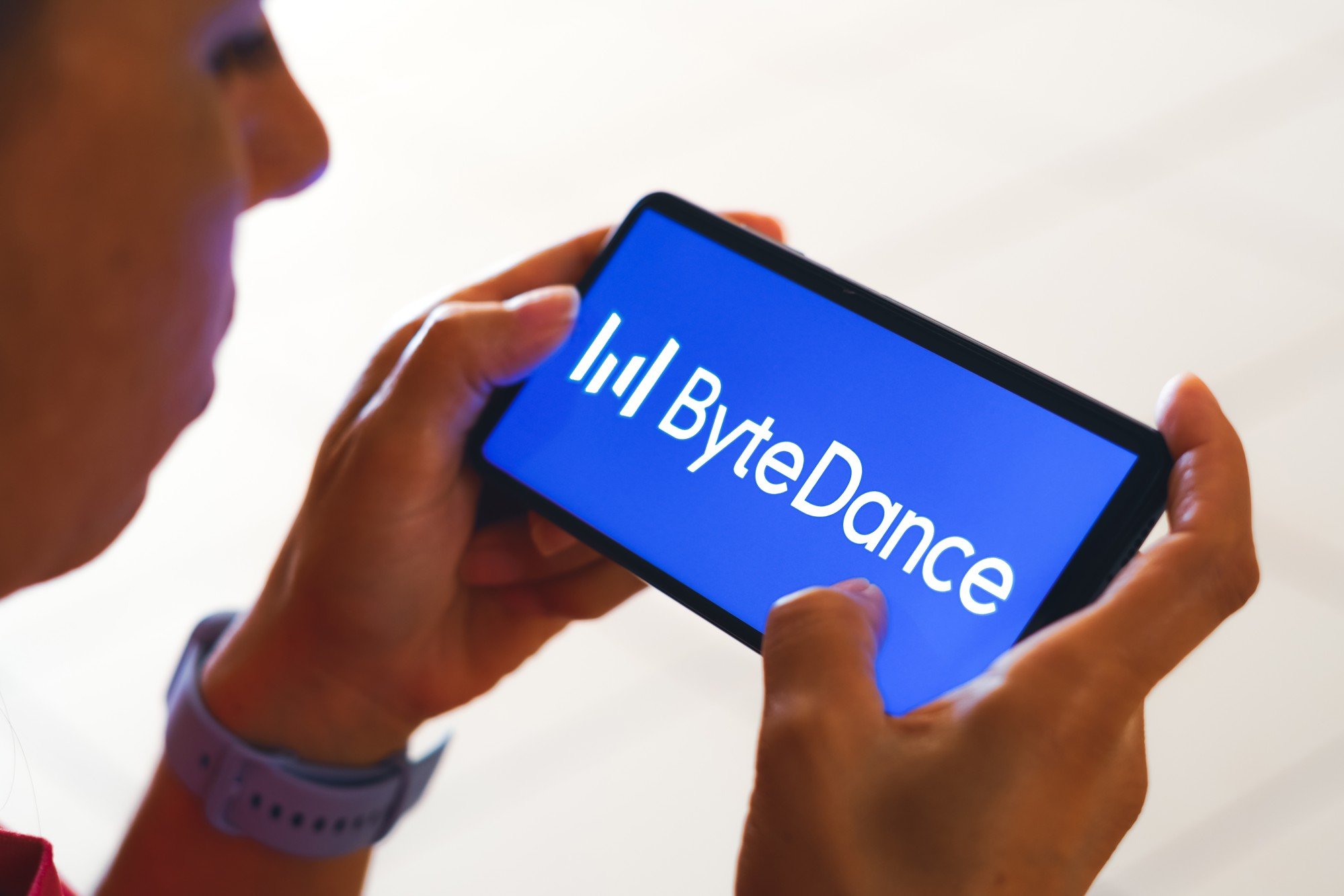Комментарии 0
...комментариев пока нет
TikTok owner ByteDance accelerates generative AI efforts with increased talent acquisition, release of new tools
ByteDance unit Beijing Chuntian Zhiyun Technology two weeks ago introduced GenAI app Hualu, the Chinese version of BagelBell that was released in December for overseas markets. Both apps enable users to create virtual characters and interact with them in real time through various stories set in different universes.
ByteDance did not immediately respond to a request for comment on Tuesday.
The latest initiatives by privately held ByteDance show its determination to quickly catch up with recent GenAI advances, months after chief executive Liang Rubo berated employees in an internal meeting for lacking a sense of crisis and reacting too slowly to ChatGPT’s rise.

Liang – co-founder of ByteDance who took over as chief executive when fellow founder Zhang Yiming stepped down in 2021 – has moved to strengthen the company’s recruitment of AI talent, enhance its organisational structure and improve fundamental research, the Post reported last month.
The company recently hired Jiang Lu, who was a key contributor to Google’s VideoPoet LLM that was unveiled late last year, in an apparent bid to make up lost ground after OpenAI launched its innovative text-to-video-generator Sora.
Before BagelBell and Hualu, ByteDance had already launched several AI products, including chatbots Doubao and Cici, as well as application development platform Coze. So far, none of these have become even close to becoming as popular as the firm’s flagship short video apps.
ByteDance’s AI-powered content recommendation system, which feeds personalised content to users of TikTok, Douyin and news aggregator Jinri Toutiao, has long been regarded in the industry as a very successful AI use case.